PRAISE FOR RAVENS WITNESS
Hank Lentfers Ravens Witness is an exceptional biography of Richard Nelson, and a gift to us. Reading it we come to understand, through Nelsons life, how the immediacy of the senses, flowing across the earthtouch, taste, scent, sight, soundtranscend whatever other feeble boundaries we construct. Nelson emerges here as a most passionate participant in these senses, and in that immediacy, endures.
Rick Bass, author, Winter: Notes From Montana
An anthropological saga, a literary gem about the legendary Nels, one of the most extraordinary naturalists of our time.
Paul Hawken, author, Drawdown
In Ravens Witness, Hank Lentfer pays homage to one of the most talented naturalists and field anthropologists of the last century, Richard Nelson. The book is a double treat: an intimate portrait of the exuberance and joy Nelson brought to his life, as well as an eloquent and distinctive story of the terrains and cultures that both subject and author explored.
Gary Paul Nabhan, author, Food from the Radical Center
I savored every page of this magical, beautifully woven bookthe story of one mans apprenticeship to Alaskas northern wisdom and wild joy. The final pages brought me to laughter and tears, inspired by Richard Nelsons humility and respect. His great heart forever openlistening.
Kim Heacox, author, The Only Kayak
Even more than a brilliant biography, Ravens Witness creates an entirely new genrea beautifully told story of the ethos of gratitude and joy that is born when an extraordinary man immerses himself in the culture of sea-ice people and the wisdom of a wild island.
Kathleen Dean Moore, author, Great Tide Rising
Ravens Witness is the Alaska book Ive waited lifelong to read. Hank Lentfers gorgeous account of the evolution of Richard K. Nelsons life and thought is a godsend. Half a century ago Nelson realized how wrong it was to send Native Alaskans our teachers when we should be begging theirs to teach us, and Lentfer describes the ways he came to live that realization. Nelson, in the end, was no kind of professor, prophet, or scientific professional: he was a joystruck participant in a sentient and seeing world in which no one is ever alone, unseen, or unheard and gratitude kindles the very heat of life. May Earth and the Unseen bless every woman, man, and child drawn to such a path.
David James Duncan, author, The River Why
RAVENS
WITNESS
THE ALASKA LIFE OF
RICHARD K. NELSON
HANK LENTFER
FOREWORD BY BARRY LOPEZ
MOUNTAINEERS BOOKS is dedicated to the exploration, preservation, and enjoyment of outdoor and wilderness areas.
1001 SW Klickitat Way, Suite 201, Seattle, WA 98134
800-553-4453, www.mountaineersbooks.org
Copyright 2020 by Hank Lentfer
Foreword 2020 by Barry Holstun Lopez
All rights reserved. No part of this book may be reproduced or utilized in any form, or by any electronic, mechanical, or other means, without the prior written permission of the publisher.
Witness by W.S. Merwin. Copyright 1988 by W.S. Merwin, used by permission of The Wylie Agency LLC
Mountaineers Books and its colophon are registered trademarks of
The Mountaineers organization.
Printed in the United States of America
Distributed in the United Kingdom by Cordee
23 22 21 201 2 3 4 5
Copyeditor: Elizabeth Johnson
Design and layout: Jen Grable
All photographs by the author unless credited otherwise
Cover and interior feather image istock/StudioDoros
Cover and frontispiece photograph: Richard on young ice, with open water in the background. Rifle over his shoulder, he holds an unaaq used to test ice thickness.
The umiaqaluraq is used to retrieve seals. (Nelson archive photo)
Back cover photograph: Iupiaq hunters pull an umiak over thin ice after retrieving a seal. (Nelson archive photo)
Back flap photograph: Richard and Hank take a break after a morning recording birds in Glacier Bay. (Photo by Liz McKenzie)
Library of Congress Cataloging-in-Publication data is on file for this title at https://lccn.loc.gov/2020004651
Mountaineers Books titles may be purchased for corporate, educational, or other promotional sales, and our authors are available for a wide range of events. For information on special discounts or booking an author, contact our customer service at 800-553-4453 or .
 Printed on 100% recycled paper and FSC-certified materials
Printed on 100% recycled paper and FSC-certified materials
ISBN (hardcover): 978-1-68051-307-3
ISBN (ebook): 978-1-68051-308-0
Were here for a little window. And to use that time to
catch and share shards of light and laughter and grace
seems to me the great story.
Brian Doyle.
CONTENTS
FOREWORD
It seems appropriate for me to reflect first on the undistinguished chair Im sitting in as I try to put together a few words to introduce you to this biography of Richard Nelson. I bought the chair long ago in a secondhand store in Springfield, Oregon. Ive had to repair it occasionally, to ensure its sturdiness. Two worn-out seat cushions, one atop the other, make it easier to occupy for hours at a time. Two newel posts brace a tapered backrest of wooden spindles. The caps of the newel posts gleam from the rub of human hands over the decades.
Ive written seventeen books sitting in this chair, and I hope to complete a couple more in the years ahead. In the early 1980s, because I sensed that resting my back against a pair of cured blacktail deer hides from Richards hunts would put me in a more respectful frame of mind when I wrote, and that they might induce in me the proper perspectives about life, I wrote him and asked for his help. Would he honor our friendship by sending me a couple of hides? These were from blacktail deer hed hunted in the woods near his home. (The way he understood these fatal encounters, as a subsistence hunter trained by indigenous Koyukon people, hed been given these deer.) In my experience no other non-Native hunters ethical approach to this archetypal encounter with a wild animal was as honorable as Richards. He hunted to feed his family, imitating the way his Iupiaq, Koyukon, and Gwichin teachers had taught him to, through the example of their own behavior in engagements with wild animalshonoring, humble, grateful. I felt the hides might care for me as I stumbled my way through life, in the same way that our friendship with each other would take care of both of us in the years ahead.
So, this morning, I am sitting in front of my old typewriter with my back against those soft hides, and I want to say a few things about this book in which Hank Lentfer introduces us to this extraordinary man, Richard K. Nelson, most of whose friends called him simply Nels. I think of him as remarkable among Western anthropologists who have apprenticed themselves to traditional people, because, as a young man, he took onwith fierce dedication in discouraging circumstancesa journey few people have ever had the opportunity to experience, and he pursued that journey with great attentiveness and care for more than fifty years. He listened to his teachers, immersed himself in their landscapes as a naturalist, and became, without intending to, a great teacher himself. What Nels modeled was a way of knowing the world, an epistemology different from the one most of us have unconsciously accepted and sworn ourselves to. It led him to reconsider what in his own life was to be valued over the manic accumulation of material wealth, or progress for the sake of progress, or the exceptional status of humans among all other beings.

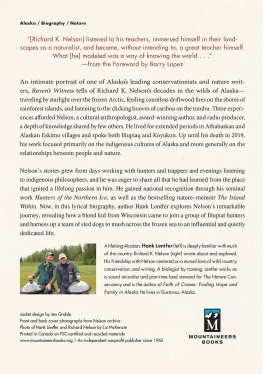

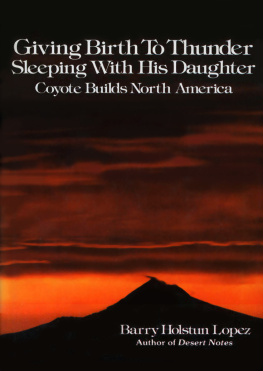
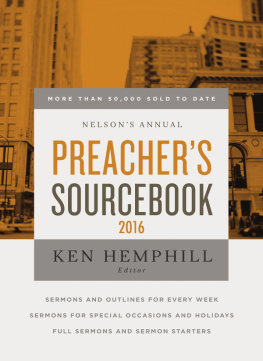
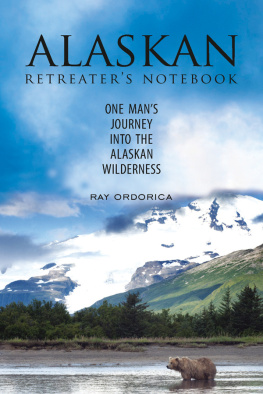
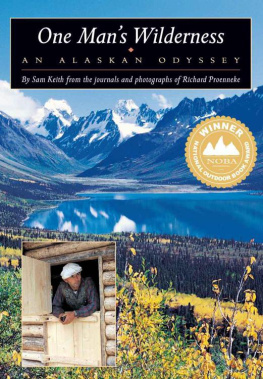
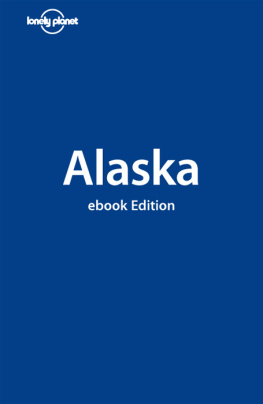

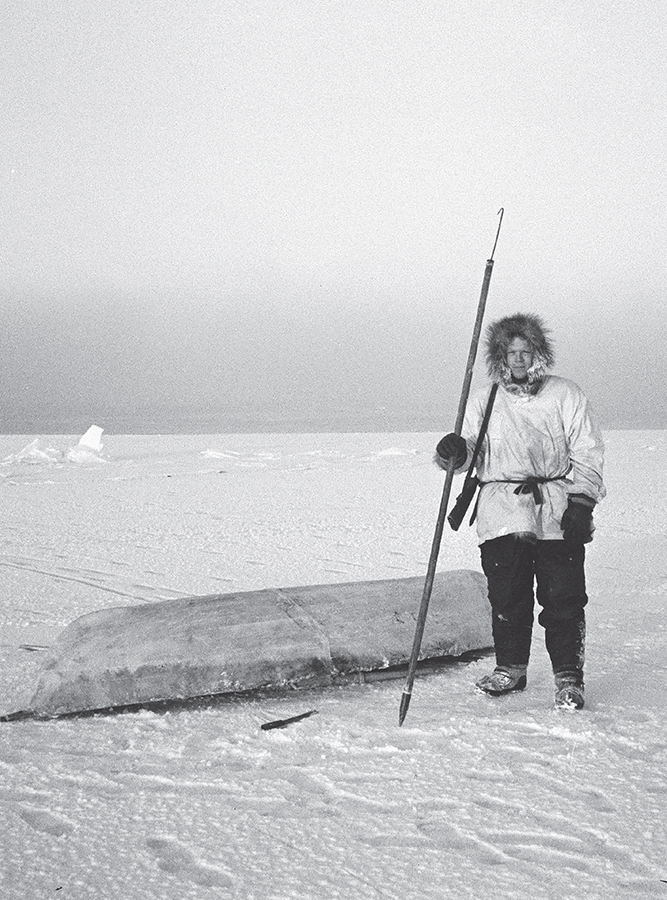


 Printed on 100% recycled paper and FSC-certified materials
Printed on 100% recycled paper and FSC-certified materials